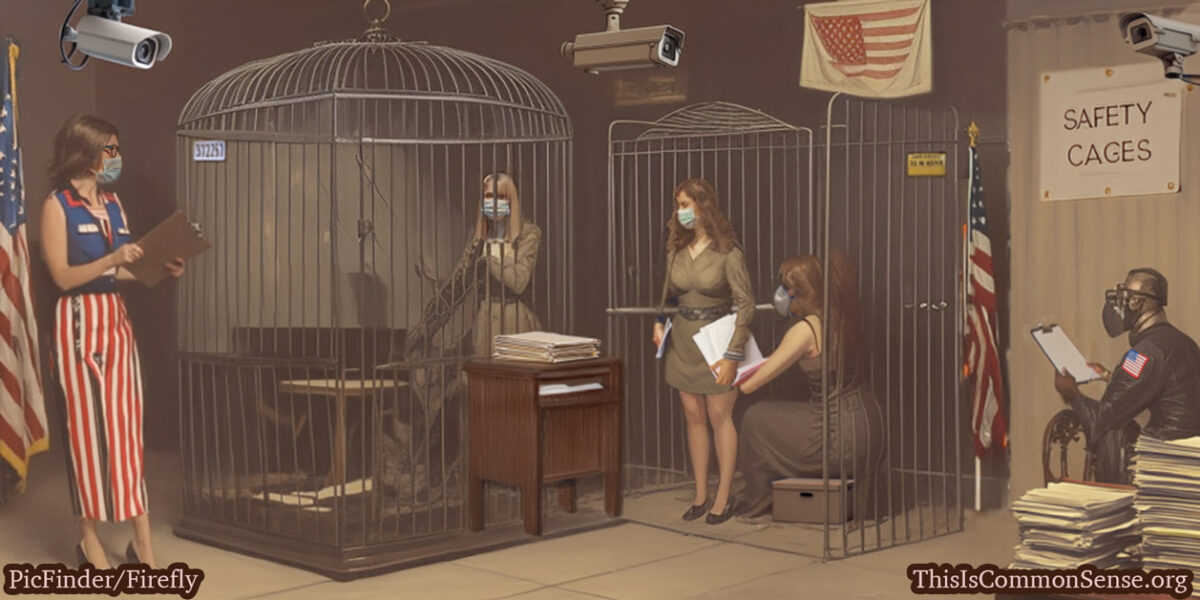I have now learned, or relearned, that doing legal things may well be illegal.
A recent example of the legal-is-illegal syndrome is the apparent criminalization, ex post facto, of helping your clients legally promote their legally vendible wares.
According to an April 2024 Wall Street Journal report, the consulting firm McKinsey is in trouble with the Justice Department for advising Purdue on how to sell more of its drug OxyContin, which is legal to sell. The Department has criminally opened a criminal investigation into McKinsey’s “role in advising” opioid manufacturers like Purdue “on how to boost sales.”
McKinsey consultants suggested pitching more to doctors who prescribe OxyContin the most, pitching less to docs who don’t prescribe it.
Which part of this shockingly standard advice is the criminal activity?
As economists David Henderson and Charles Hooper note, there is “nothing mysterious or nefarious” about going where the sales are. It’s “economically rational. To do otherwise would be inefficient and wasteful.”
But there’s an Opioid Crisis.
And whenever there’s a Crisis, lawmakers and launchers of criminal investigations hurtle to ignore subtle distinctions about legal, illegal, etc.
I’m not quite sure what we do in light of this information, that all the legal-to-do things are now subject to senseless investigations by Justice Department hacks, bored or maniacal.
I guess the safest thing would be to stop doing things. All the things. Well, you can’t really live by pursuing safety — or a mirage of safety — at all costs.
This is Common Sense. I’m Paul Jacob.
Illustration created with PicFinder and Firefly
—
See all recent commentary
(simplified and organized)

5 replies on “Noncriminal Advice Not a Crime”
More generally, we see a dynamic now-a-days in which that which is lauded, accepted, or condemned is kept continually changing, with the paths of change characterized by spirals and loops.
A felt need to keep pace with these changes diverts resources that might otherwise be used to challenge the social standing of those insisting upon the changes.
Didn’t the FDA authorize oxycontin for Rx use? How is it illegal to promote it to doctors who do the prescribing? If the Justice Department is going after consulting firms for Rx drug promotion, then how about banning Rx drug commercials over public airwaves?
If one is compelled to make no mistakes the result must be to make nothing at all.
There is a previous legal concept prohibiting “ex-post facto” laws and hopefully regulations. There is good reason for it.
Government views its first job as perpetuating itself. Self-interest always takes priority over the actual functioning of government. And nothing says that government is necessary as it finding itself irreplaceable in handling a crisis. Absent a real crisis, it is just as happy with a fictional one, as long as the press releases read about the same. An unpublicized crisis is a non-existent one.
Sounds like a classic case of malinformation. In other words, doing or saying something, even something perfestly legal, that the government doesn’t like.